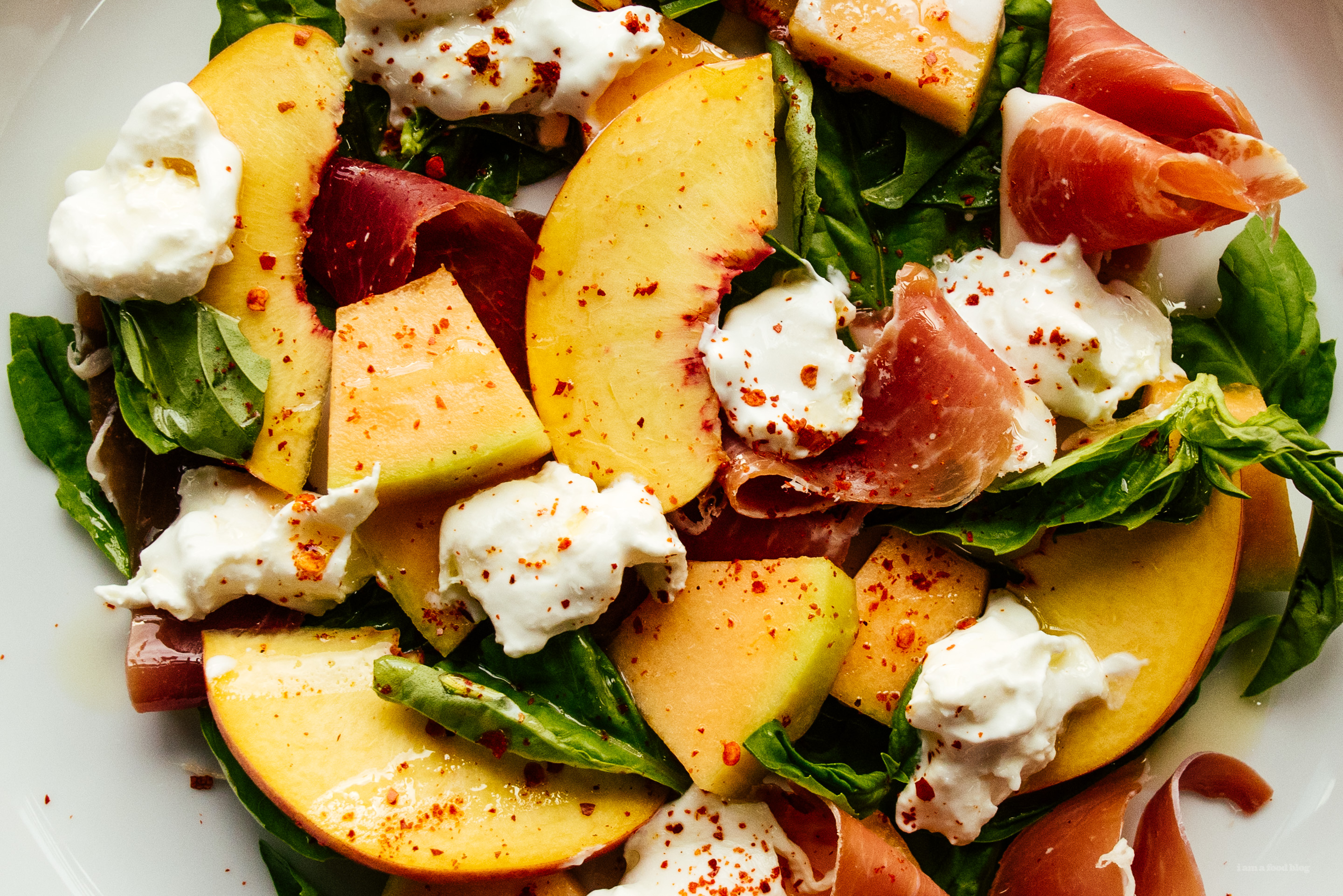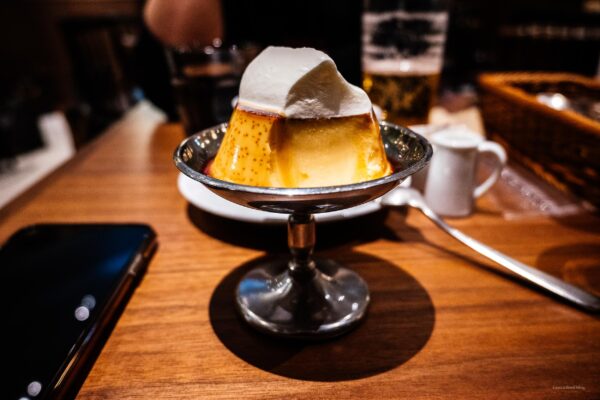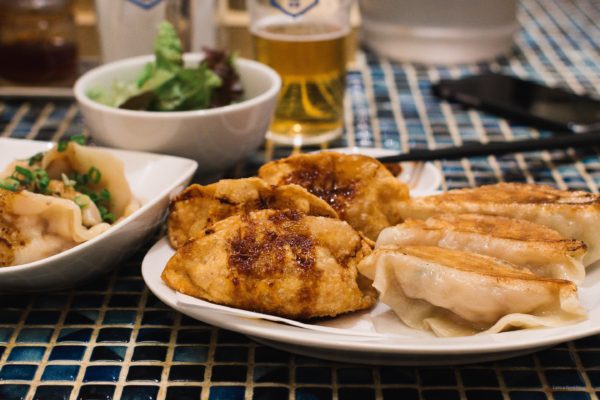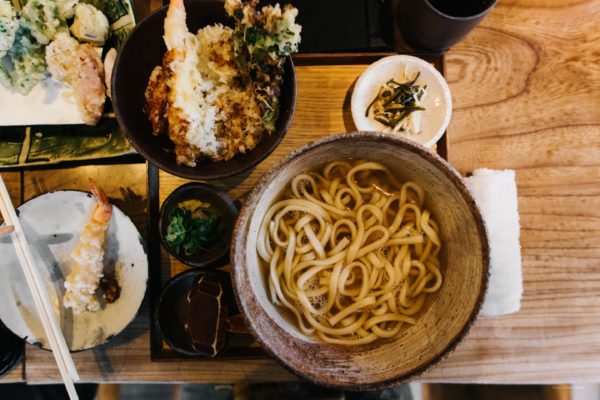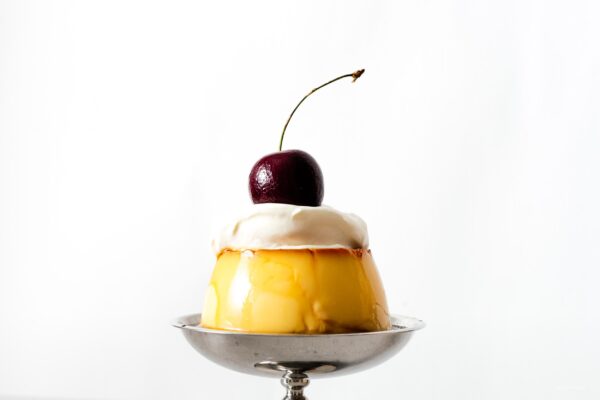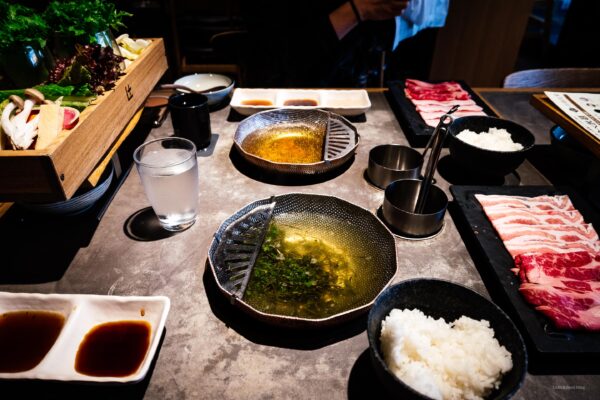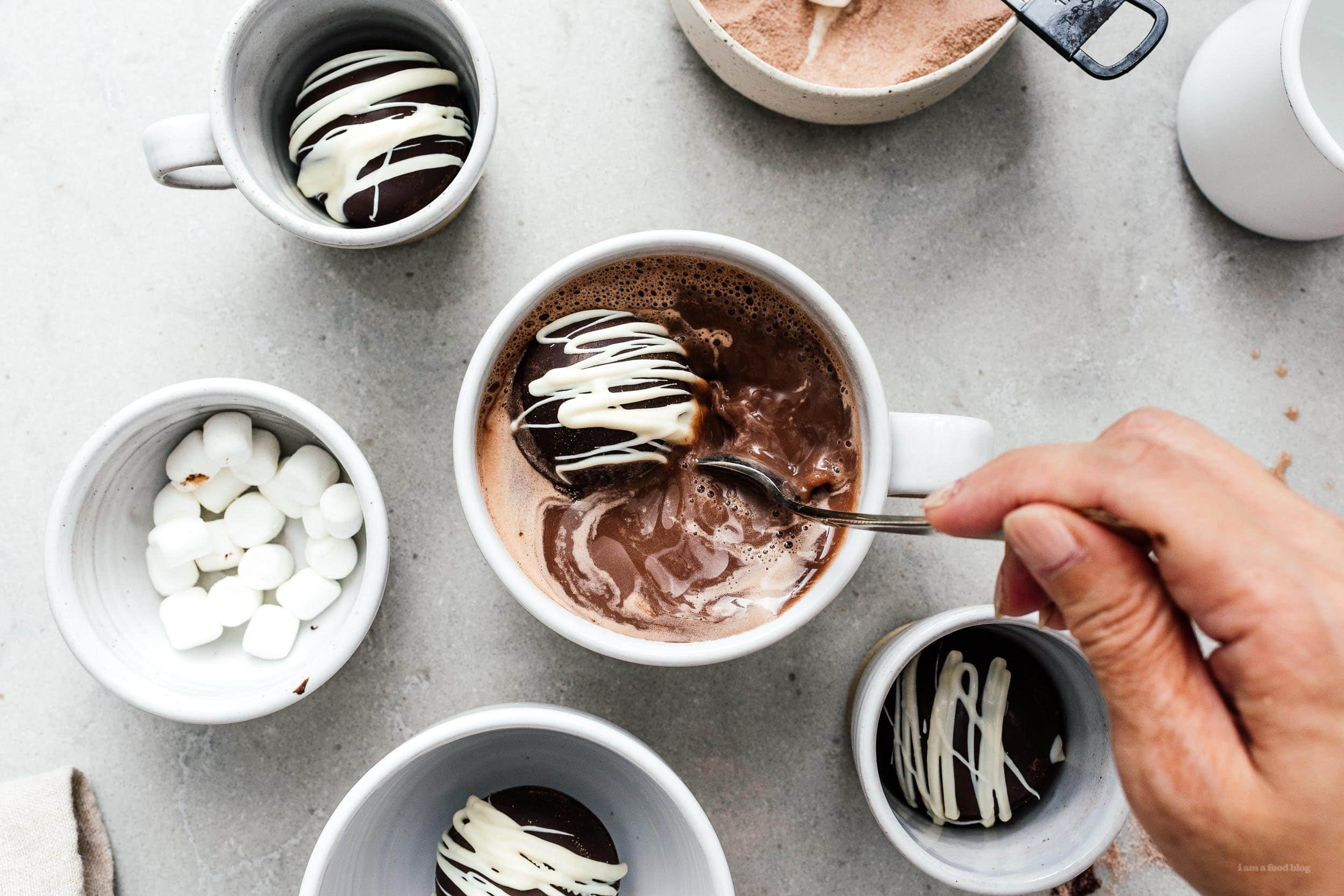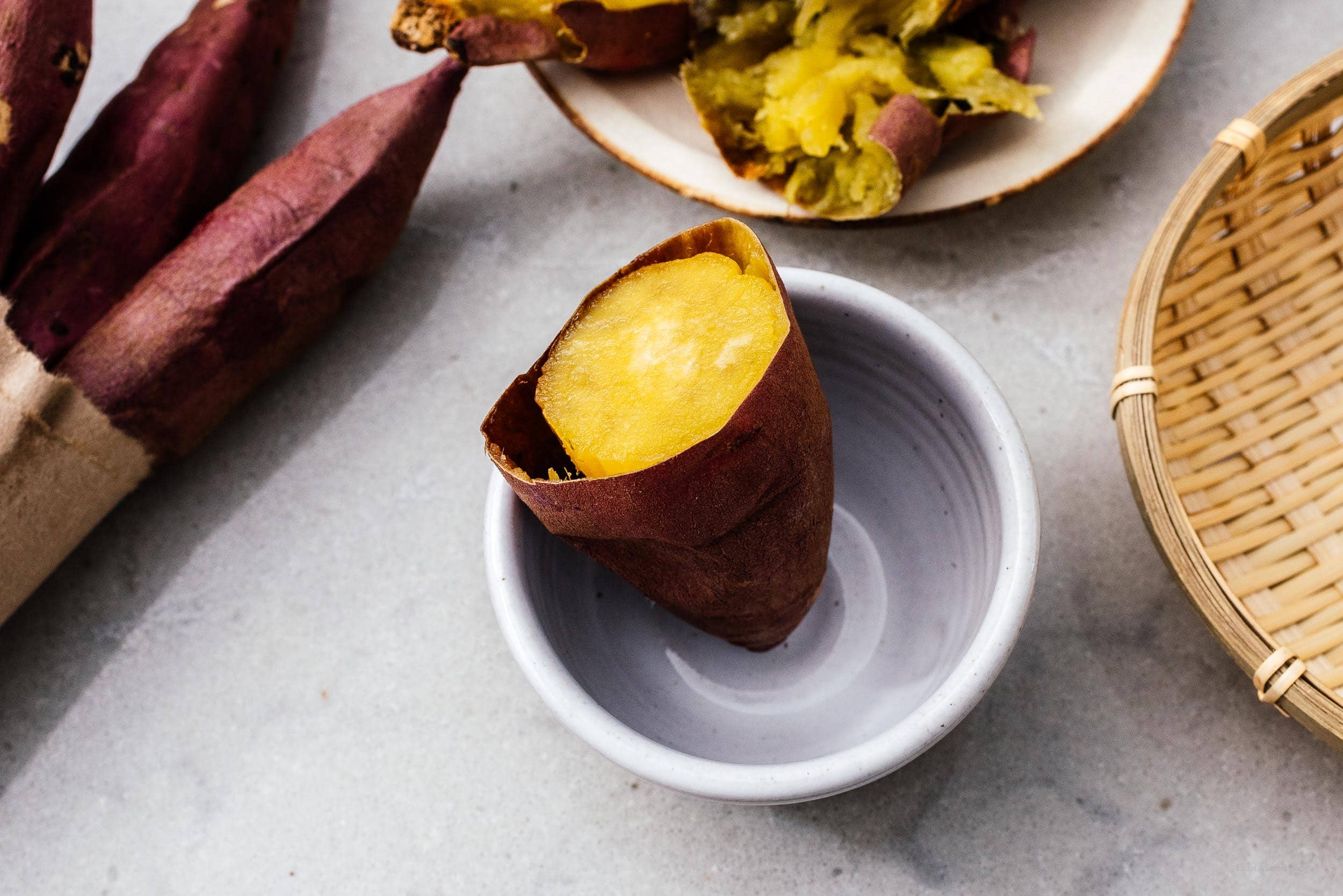I’ve been wanting to indulge in a whole Japanese musk melon for a while now and it’s finally happened.
I feel like I’ve always been fascinated by fruit culture in Japan. Fruits aren’t just for eating — instead they’re works of art, specially grown and cultivated not just for taste, but for perfect, unblemished specimens intended for gift giving. Specialty melons can literally cost hundreds of dollars and a single slice is often served as the dessert at the end of high-end omakase sushi.
While in Tokyo, Mike suggested that we check out the melons at Takashimaya, a well-known department store, we saw a bunch on a deep discount, and I am now one melon rounder!
What is a musk melon?
A musk melon is a category of melons. Some common musk melons are honeydew and cantalope. In Japan, musk melons refer to a specific variety of melon grown exclusively in Japan. They look like honeydew or cantalope, but they aren’t the same at all. Musk melons are prized for their juicy smoothness, honeyed sweetness, full flavor, and incredible aroma. Japanese musk melons come in both green and orange, typically with an intricate, netted rind.
Where to buy expensive fruit for cheap in Tokyo
In Japan, you can buy regular fruit at the grocery store but if you’re looking for fancy, premium fruit, you’ll need to go to a specialty fruit store like Sun Fruits, Sembikiya, or Takano. Of course, premium stores come with premium prices, so if you’re looking for the sweet spot of somewhat affordable luxury, go for a fancy department store instead of a dedicated fruit shop.
Department store fruit in Japan
Fancy department stores (and, well, regular ones too) in Japan have food halls in the basement where they sell a plethora of ready-to-eat items as well as groceries. The grocery store part is where you want to be for cheap-ish, high quality fruit. Head to the part where they actually sell groceries and you see regular fruit as well as specially gift-wrapped fruit. This is where you’re going to find the deals.
The best department stores to try your melon sale luck at are: Takashimaya, Iseten, and Mitsukoshi.
Shop after 5pm
If you’ve ever lived in Japan, you know that grocery stores put all of their ready made food on sale near closing time. It’s the same with fruit! Of course, a fruit sale is partially luck and partially timing, so no guarantees, but on the day that Mike said we should get a melon, we happened to see a bunch of sale stickers. I was SO EXCITED because these melons were originally priced at ¥5400 and marked down to ¥2000! This is insane; my little cheap-o heart was beating so fast. I waffled, but Mike said to me, “when are you ever going to see a melon sale like this again” and I laughed at the absurdity of the situation and Mike insisted we get it and now I am one melon, minus the two bites Mike tried, larger.
How to get the best Japanese melon
After the decision was made, I wanted to obtain the best melon of all the sale melons. The obvious move was to ask the fruit vendor to pick a melon for me. I sumimasen-ed and then Google translate was my wingman as I showed him my screen with “can you please help me choose the best melon” translated into Japanese. The fruit man was so friendly! He immediately started going through the on sale melons, evaluating and determining the best one. He spoke English and asked when we wanted to eat our melon: today or in a couple of days. I have no sense of restrain so of course I said, today. He happily handed me his chosen melon. Mike said he also said, “good deal, it’s big one!” and winked at me, but I was so smitten, I only had eyes for our melon.
How do they grow premium musk melons in Japan?
Unlike the typical melon, premium musk melons in Japan are hand pollinated and pruned to grow one fruit per plant, or “ichiju ikka,” in Japanese. One fruit per vine guarantees that all the growing power and nutrients of the plant going into just one melon, making it intensely sweet and juicy. The melons are periodically rotated and checked on so they grown up uniformly netted, spherical and essentially perfect. The more perfect the melon, the higher the price. All premium melons are sold with their stems on, to showcase the one plant, one fruit ethos.
What does Japanese musk melon taste like?
Japanese musk melon tastes like what you imagine melons to taste like. Sweet, refreshing, juicy, and just so, so good. They taste like the essence of melon, intense melon flavor condensed into a juicy, sweet, tender globe of deliciousness. I have had two melon epiphanies in my life: once in Colorado (shown below) and once here in Tokyo. I might be ruined for life, forever hunting for on sale melons in the basement of department stores…see you there?
PS – Just incase you were wondering, my melon’s provenance is Ibaraki, a prefecture in Japan known as the Melon Kingdom. Ibaraki melons are especially sweet and juicy because they have an amazing melon growing climate with well drained soil and huge temperature swings between day and night. Ibaraki grows the most high quality melons in Japan and my grower was #144.





